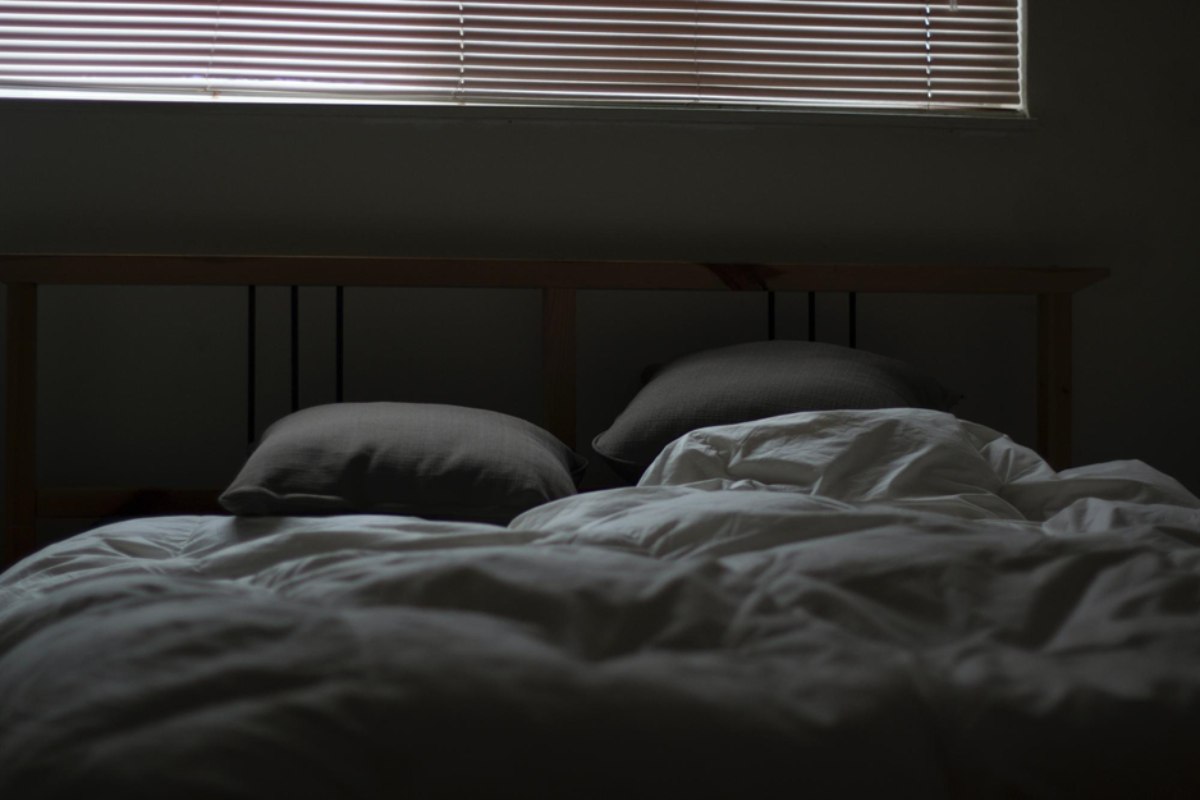Sleep, one of the most crucial aspects of our lives, often goes overlooked. We know sleep is essential for our health and well-being, yet many of us struggle to get a restful night. In this blog post, we will explore the importance of sleep for overall wellness and provide actionable tips to improve the quality of your slumber.
Table of Contents
The Importance of Sleep
Sleep serves many critical functions for our bodies and minds. During sleep, our body heals damaged cells, boosts the immune system, recovers from the day’s activities, and recharges for the day ahead. Sleep is also vital for our emotional and mental well-being. It plays a significant role in memory consolidation, learning, and decision-making. A lack of quality sleep can lead to mood disorders, poor focus, memory problems, and an increased risk of numerous health issues such as weight gain, diabetes, and cardiovascular disease.
Maintaining A Consistent Sleep Schedule
Establishing a consistent sleep schedule can improve both the quality and quantity of your sleep. Try to go to bed and wake up at the same time each day, even on weekends. This consistency helps regulate your body’s internal clock, resulting in a more natural sleep-wake cycle that makes falling asleep at night easier. Aim for 7-9 hours of sleep each night, as this is the recommended amount for most adults.
Nutrition and Sleep
What we eat can significantly impact the quality of our sleep. Consuming foods high in tryptophan, such as turkey, eggs, and nuts, may help promote sleepiness. Avoid large meals and spicy foods close to bedtime, as they can cause indigestion and disrupt sleep patterns. Opt for a light, healthy snack before bed if you’re hungry, as going to bed overly hungry can also prevent a restful night’s sleep. Make sure to stay hydrated throughout the day, but don’t consume large amounts of liquids too close to bedtime, as this may result in disruptive nighttime bathroom visits.
The Role of Stress Management
Managing daily stress levels is vital in achieving restful sleep. High stress can lead to difficulties in falling asleep, frequent waking, and restless nights. Develop healthy techniques to alleviate stress, such as engaging in regular exercise, practicing mindfulness or meditation, or seeking support from friends, family, or a mental health professional. By reducing stress, you can significantly improve the quality of your sleep and, in turn, your overall well-being.
Alternative Sleep Aids
Exploring alternative sleep aids can also contribute to a better night’s rest. For example, certain herbal teas, such as chamomile and valerian root, have been known to help induce sleepiness. Additionally, some individuals find relief in using natural supplements like melatonin or trying delta 9 gummies to promote relaxation and sound sleep. It’s essential to consult a healthcare professional before using any new supplement or sleep aid, as they can provide personalized advice based on individual needs and medical history.
The Power of Napping
Strategic napping can be a helpful tool in improving daytime alertness, mood, and overall sleep quality. Keep naps short, ideally between 20-30 minutes, as this prevents you from entering deep sleep and experiencing grogginess upon waking. The best time for a nap is typically in the early to mid-afternoon, when your body’s natural sleepiness increases. However, avoid napping too close to bedtime, as it can interfere with your ability to fall asleep at night.
Creating A Sleep-Friendly Environment
Your bedroom environment can significantly impact your ability to fall and stay asleep. Some practical steps for creating an ideal sleep setting include:
- Keep the room cool, ideally between 60-67°F (15-19°C).
- Eliminate as much noise as possible. Consider using earplugs or a white noise machine for added tranquility.
- Minimize exposure to artificial light in the evening, especially blue light emitted by electronic devices. Consider blackout curtains or using an eye mask to block any unwanted light.
- Invest in a comfortable mattress and pillows with adequate support.
- Reserve your bed for sleep and intimate activities only, not for watching television or working on the laptop.
Adopting A Relaxing Pre-Bed Routine
Following a relaxing bedtime routine can help signal to your body that it’s time to wind down and prepare for sleep. Consider activities such as reading a book, taking a warm bath, practicing mindfulness or meditation, or engaging in gentle stretches. Avoid stimulating activities such as watching television, engaging in intense exercise, or discussing stressful topics right before bed, as these can make it more challenging to fall asleep.
Monitoring Your Caffeine Intake
Caffeine, found in coffee, tea, soda, and chocolate, can stay in your system for hours and interfere with your sleep. As a general rule, try to avoid consuming caffeine within six hours of bedtime. If you’re particularly sensitive to caffeine, consider limiting your intake even earlier in the day or opting for decaffeinated options.
Exercising Regularly
Regular physical activity can help improve sleep quality and increase the duration of deep sleep. Aim for at least 150 minutes of moderate aerobic exercise or 75 minutes of vigorous aerobic exercise per week, along with muscle-strengthening activities on two or more days a week. While exercising too close to bedtime can interfere with sleep for some, a gentle workout or stretching in the evening can help others unwind and prepare for a restful night. Experiment with different timings and activities to find what works best for you.
Seeking Professional Help When Necessary
If consistent sleep issues persist despite implementing healthy sleep habits, it may be time to consult a healthcare professional. Conditions such as sleep apnea, insomnia, or restless legs syndrome may be contributing to poor sleep and will require a thorough evaluation and specific treatment.
Conclusion
Prioritizing sleep is essential for optimizing your overall wellness. By incorporating these tips into your daily routine, you can unlock the power of sleep and enjoy a healthier, more fulfilling life.

